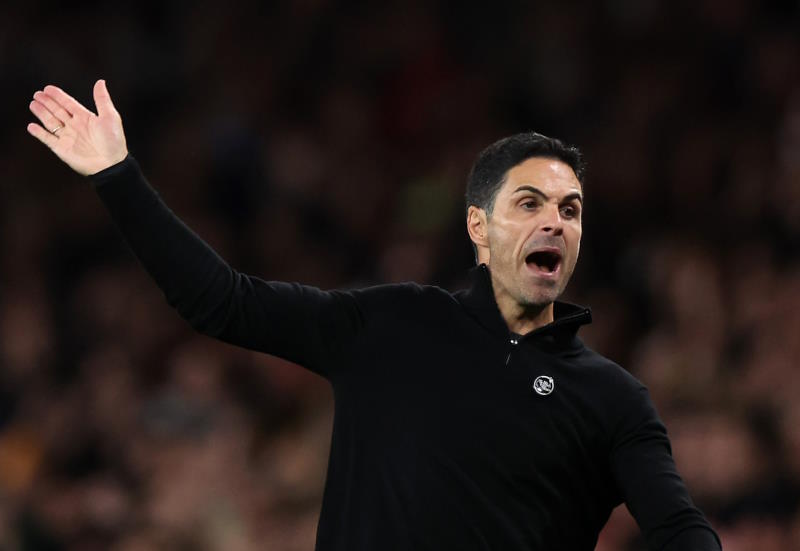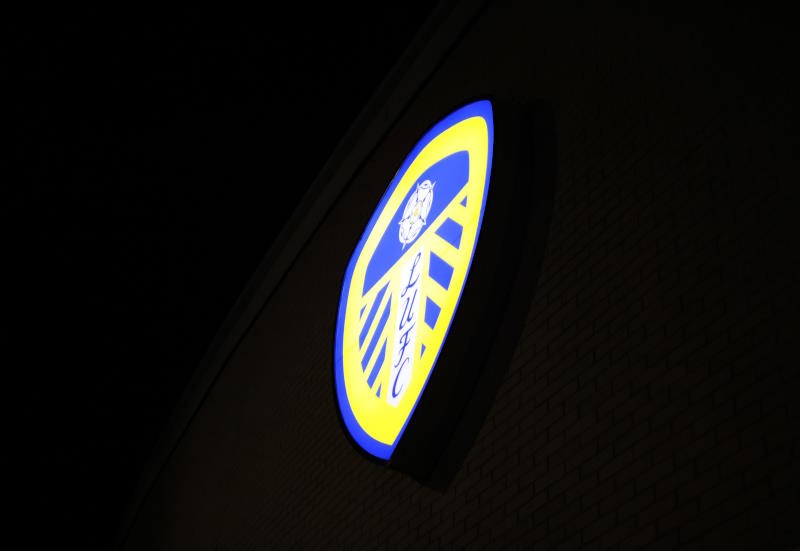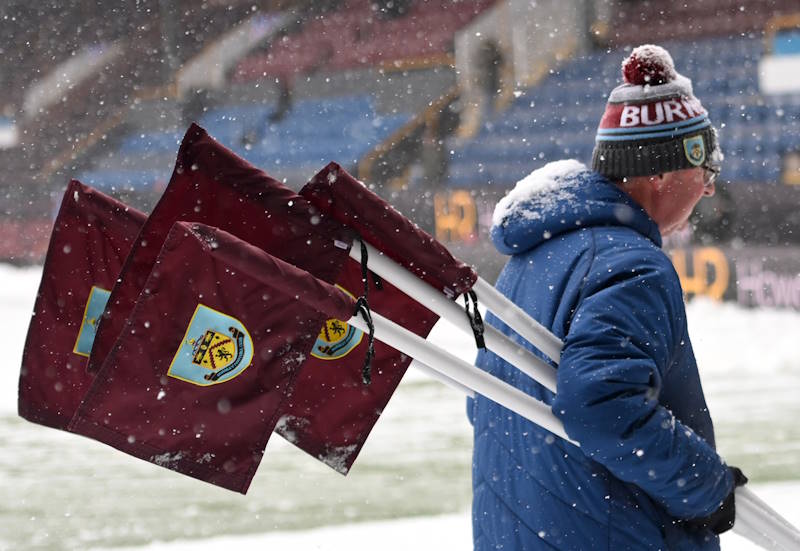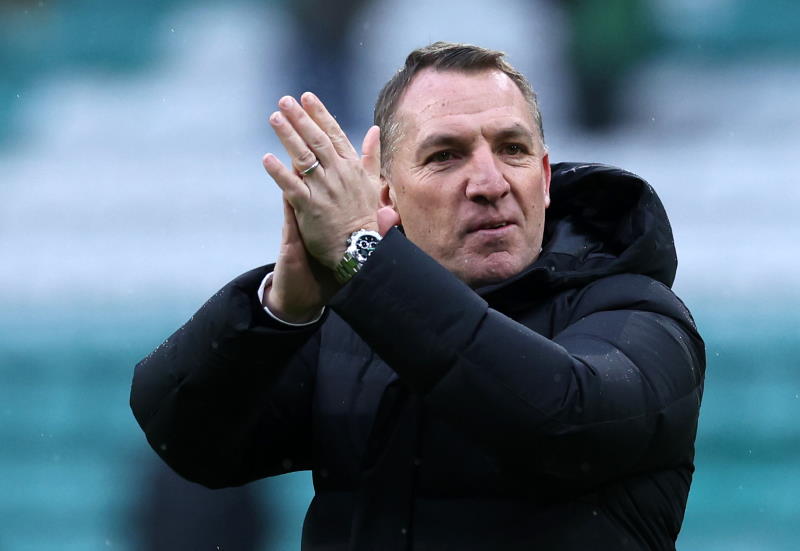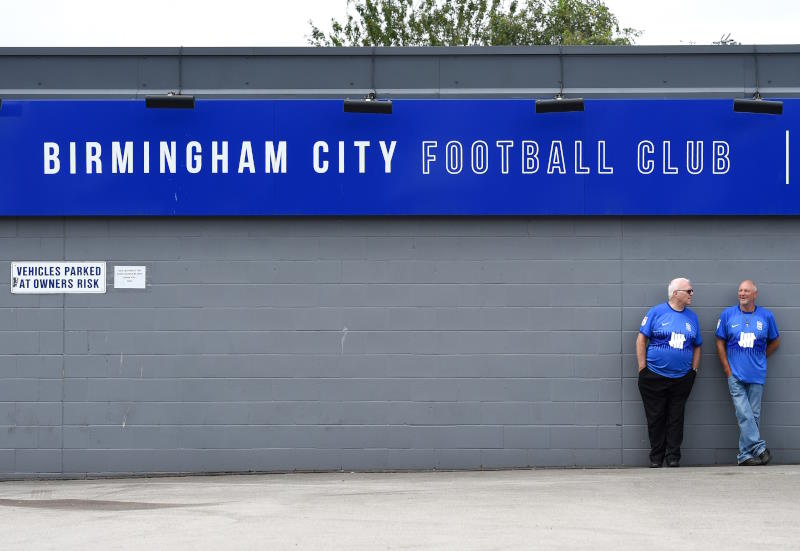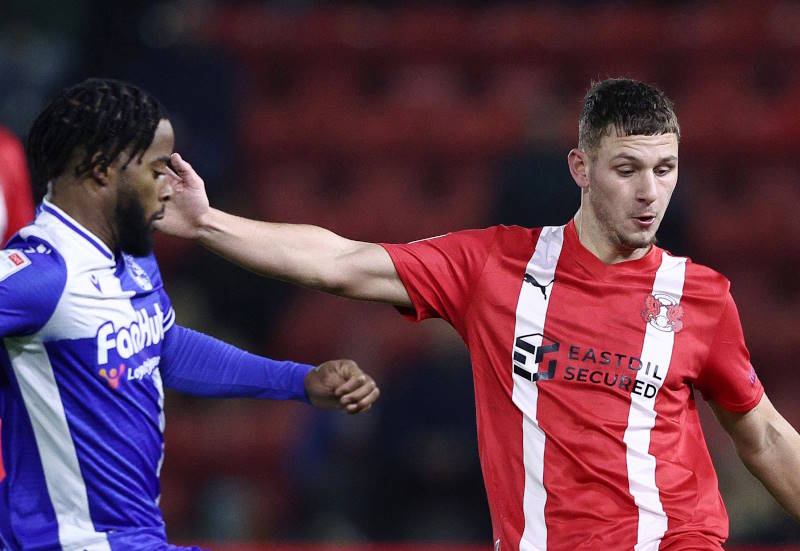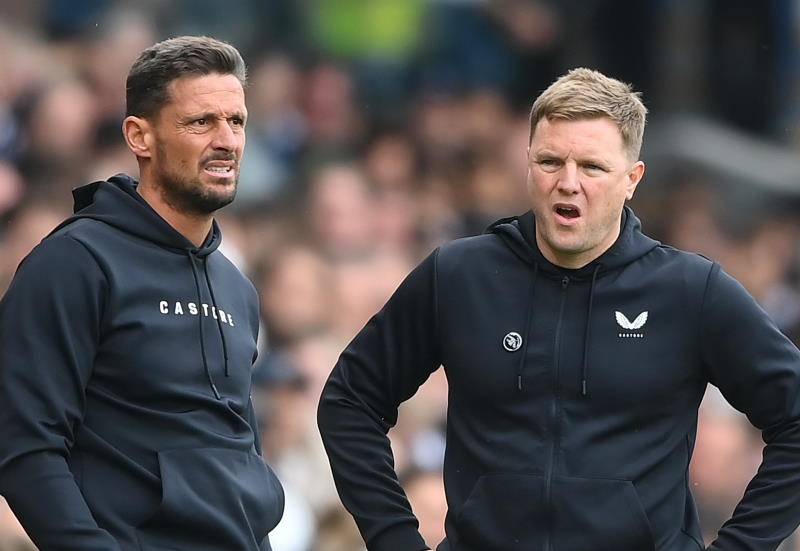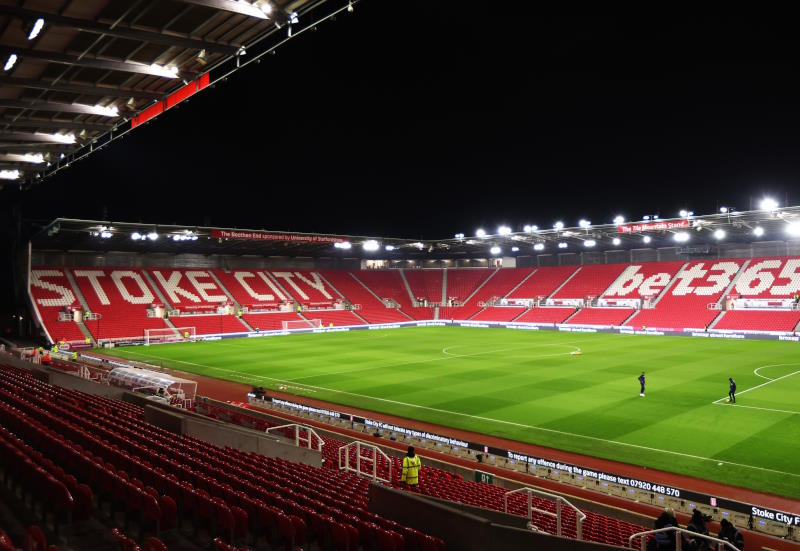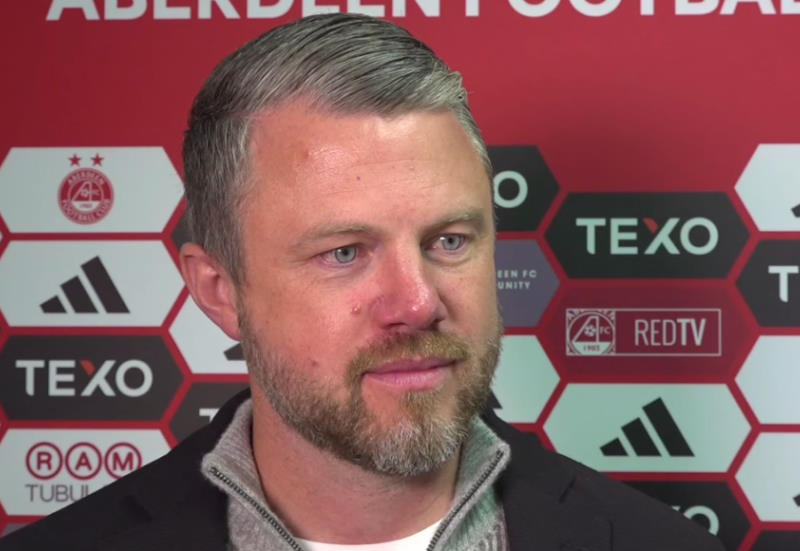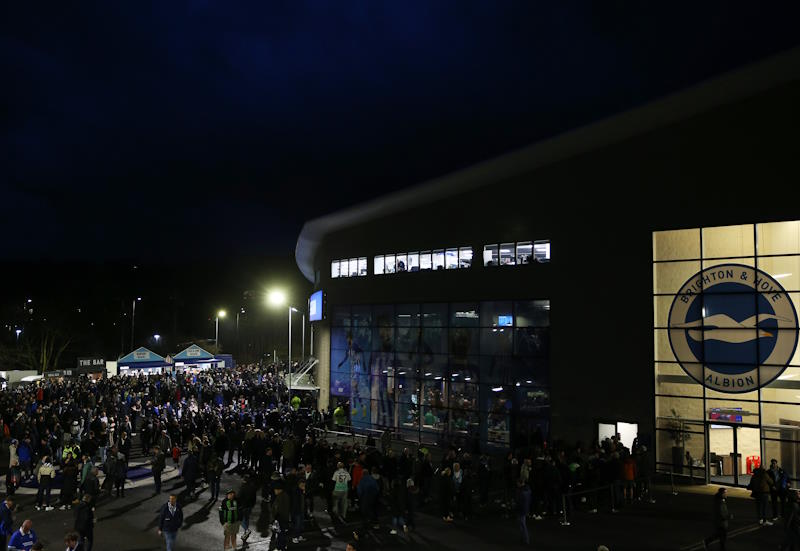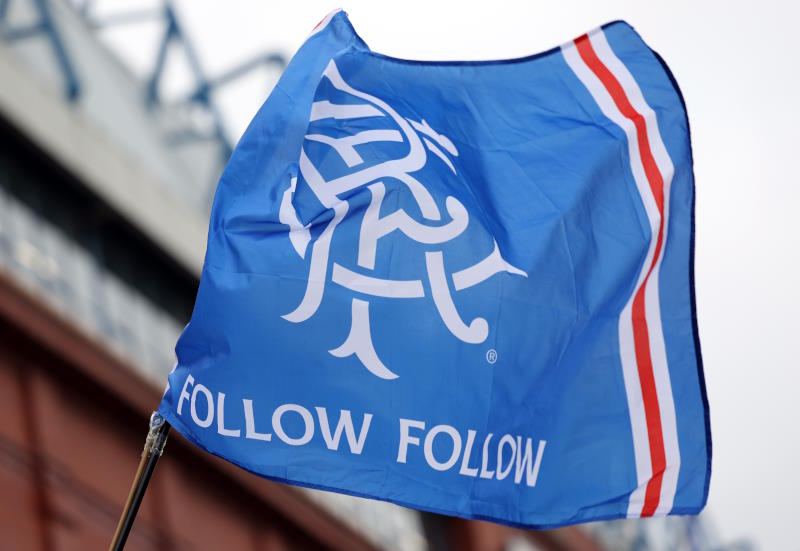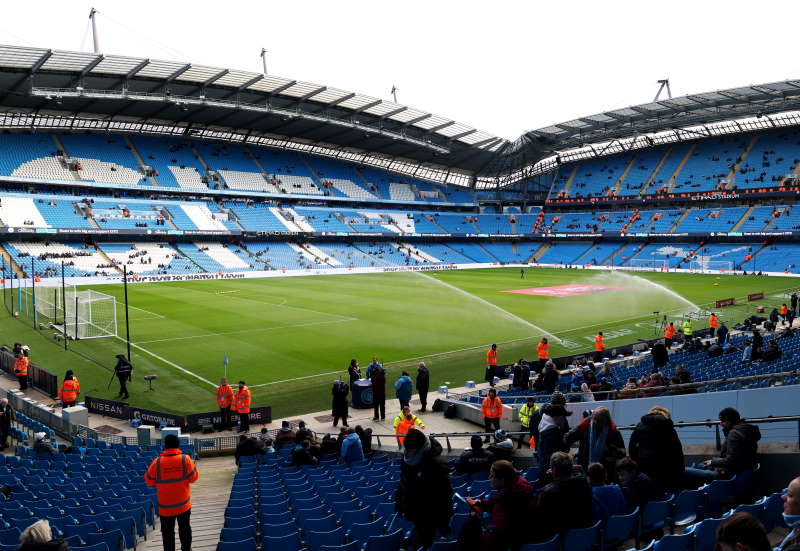
John Welsh
Throughout their 90-year membership of the English Football League, Hartlepool United have never played in the top two levels. In North East England the Pool have often been regarded as a reception club for players released from neighbouring Premier League clubs. But when local supporter John Davenport bought his season ticket in July, it signalled a belief that promotion to the Championship was now a realistic target.
On 6th May 2011, Hartlepool announced the ‘Are you coming to Pools’ scheme whereby fans were challenged to buy 4,000 season tickets. In return, the club promised tickets would cost only £100 should that target be reached. John Davenport bought ticket 4,000 and so ensured near capacity crowds at home matches. This has not always been the case at the club’s Victoria Park ground.
Officially founded in 1908 after playing as amateurs from 1881, Hartlepool turned out in the lowest division of the Football League from 1921 until their first promotion in 1968. Brian Clough’s arrival in 1965 awakened the club and the man who would go on to win two European Cups with Nottingham Forest soon found that his first job in football management not only entailed team selection, but also required a willingness to act as general odd-job man.
The club were transformed into a more professional outfit by Clough and following his departure to Derby County in 1967, Gus McLean guided the team to promotion in May 1968. Relegated the following season however, Hartlepool endured subsequent promotions and relegations, but have never played in the second tier of the football pyramid, although equally nor have the side suffered the embarrassment of losing their league status.
In the early millennium years, the Pool nearly reached the promised land of the second tier, but failed in the playoffs. The Victoria Park outfit have continued to incur mixed fortunes over the years and following their latest promotion in 2007, a struggle for survival in League One has been waged.
This season represents Hartlepool’s longest spell in the Football League third tier. Although finishing sixteenth last season, their average attendance had slumped to 2,933 and apathy towards the club was becoming the norm for the local community. An injection of enthusiasm was needed.
For a long time, the club had capitalised on the fame of their mascot H’Angus the monkey. In 2002 Stuart Drummond was elected to the role of town mayor as an independent candidate, while acting as the incumbent of the famous costume. The club sought to make financial gain from this notoriety, and for a time they succeeded. But fresh impetus was also required.
In consultation with fellow board members and supporters, Chief Executive Russ Green embarked upon the ambitious season ticket drive. Nearly 6,000 tickets have now been sold with Green hoping that a more fervent atmosphere will be generated at the ground, something sadly lacking in recent years.
Among five new signings during the summer, it was the acquisition of Peruvian Nolberto Solano in May which captured the headlines. Solano became a cult hero during his time at nearby Newcastle United, where he had worked with Hartlepool manager Mick Wadsworth. Desperate to play first team football and needing help to earn his coaching qualifications, Solano was given these assurances by Wadsworth. Despite having friends in Newcastle where he earned a fine reputation in a band for his trumpet playing, Solano insisted he wanted to spend his final year in the game helping Hartlepool to secure promotion.
Wadsworth claimed that Solano represented a talisman and model professional whose influence would have a beneficial effect on the rest of the squad, adding that the signing would add fresh impetus to season ticket sales. This was to prove correct and was further evidence of the growing ambition at Victoria Park.
An investment of over £100,000 in ground improvements during the summer coincided with a substantial increase in catering facilities to cope with increased demand. Understandably, questions were being asked as to the financial sustainability of these initiatives.
Since 1997, the club has been owned by Aberdeen-based Increased Oil Recovery (IOR). Local supporters initially questioned their motives, as the group had no commercial ventures in the town and seemingly no football interests.
However, their managing director Ken Hodcroft was born in Newcastle and educated at the university, and would have experienced the football traditions in the North East of England; he became chairman and has continued to provide funding to offset the club’s substantial losses.
To date IOR have invested £10M in Hartlepool United Football Club, but for Russ Green it is imperative that the Pool become less reliant on their benefactors. Green quickly recognised that unless their corporate image was improved, IOR may decide to abandon the club despite assurances to the contrary.
A summer of intense commercial activity has certainly been rewarded. The sale of club merchandise has increased significantly, with more blue and white striped replica shirts visible in the town on a match day. A steady rise in corporate business has led to more bookings in the match day restaurant too, and for the first home game there were five match day sponsors. The extra crowds coming to Victoria Park have also prompted more advertising from local businesses.
What started as a gamble to attract more spectators through the turnstiles has brought a feel-good factor back to club and town alike. While Hartlepool United will never become one of the Premier League’s giants, at least they are making genuine attempts to better themselves.
And who knows, Hartlepool could be this season’s surprise package in League One.

